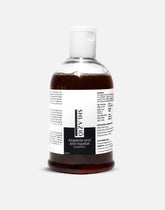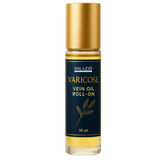Skincare transcends gender, as the fundamental needs of skin are universal. The traditional marketing of skincare products has often divided them into "for men" or "for women," but this segmentation is increasingly being challenged. Here’s why skincare should be considered a gender-neutral practice

Basic Requirements: All skin requires cleansing, moisturizing, and sun protection, regardless of gender. These essential skincare practices are vital for maintaining skin health and addressing common issues like acne, dryness, and aging.
Skin Structure Similarities: While there are some biological differences in skin composition—such as thickness and oiliness—these variations do not justify distinct skincare regimens for different genders. The basic structure and function of skin are similar across all humans. For example, both men and women can benefit from ingredients like hyaluronic acid and antioxidants, which address common skin concerns such as hydration and aging.
Evolving Perspectives: The notion that skincare is primarily for women is being dismantled. More brands are adopting gender-neutral marketing strategies, focusing on individual skin types and concerns rather than gender labels. This shift reflects a broader movement towards inclusivity in the beauty industry.
Confidence and Self-Care: Skincare is not just about aesthetics; it plays a significant role in self-care and confidence. Healthy skin can enhance self-esteem for everyone, regardless of gender. The focus should be on feeling good in one’s own skin rather than adhering to traditional beauty standards.
Personalized Approaches: While the basic principles of skincare apply universally, individual needs may vary based on skin type (oily, dry, sensitive) rather than gender. For instance, both men and women can use similar products if they target their specific skin concerns effectively.
Emerging Trends: The rise of gender-neutral skincare brands indicates a growing recognition that effective skincare should cater to all individuals. Products designed to address various skin types without gender specifications are becoming more prevalent in the market.
Skincare is fundamentally about health and self-care rather than adhering to gender norms. As the industry evolves, it is essential to embrace a more inclusive approach that recognizes that everyone deserves effective skincare tailored to their unique needs.







